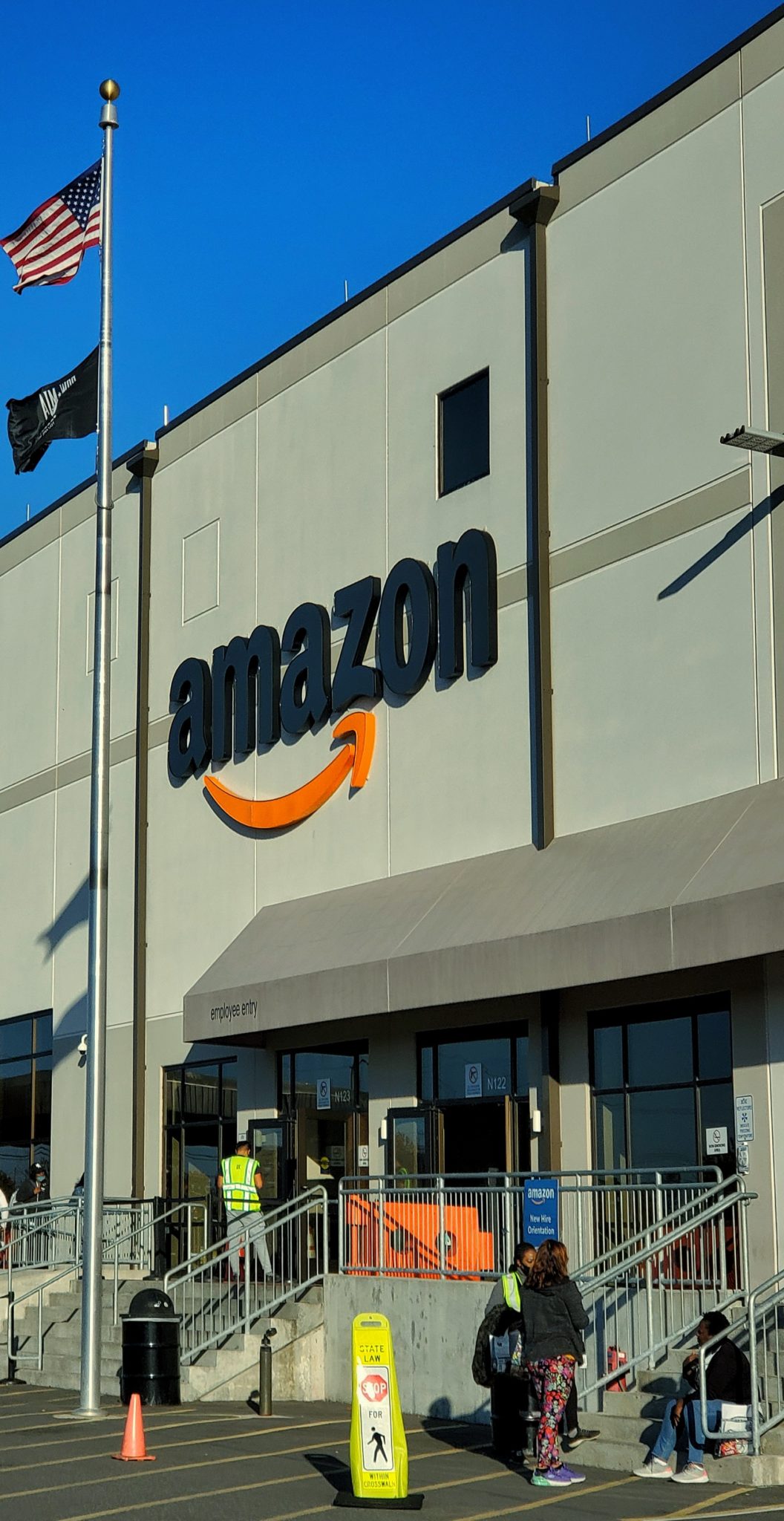Nikita Rumsey is a student at Harvard Law School.
Some 6,000 front-line workers at an Amazon warehouse in Bessemer, Alabama will vote by mail in February and March on whether to join the Retail, Wholesale and Department Store Union, the NLRB said Friday. The NLRB rejected Amazon’s push to hold the election in-person, citing safety concerns in light of COVID-19. Ballots will be mailed to eligible workers—which includes the positions of lead fulfillment associates and temporary warehouse associates but excludes all truck drivers, professional employees and engineers, among others—at the Bessemer fulfillment center on Feb. 8, and must be received by the NLRB’s regional office by Mar. 29.
Should the Bessemer facility workers vote in favor of joining the RWDSU, it would be the first union in the company’s U.S. history. Unions are prominent at Amazon in Europe, but in the U.S. the firm has been successful in fighting against organizing efforts tooth and nail. The last unionization vote at Amazon occurred in 2014, when a small group of workers at a Delaware warehouse voted against joining the International Association of Machinists. More recently, reports surfaced that Amazon had been using a tool to monitor various social media groups for drivers that were organizing, and the firm listed (before quickly removing) a job opening for an analyst to monitor employee efforts to organize. And as to the Bessemer drive, Amazon has retained union-busting law firm Morgan Lewis & Brockius—the same firm it used to fight off the 2014 Delaware organizing effort—and has set up an anti-union website (“DoItWithoutDues.com”) to mislead workers and discourage them from joining RWDSU.
In other news, President-elect Joe Biden plans to open his administration with a flurry of executive directives, in addition to expansive legislative proposals, to outline the administration’s top priorities amid the cascading crises it will face come Jan 20. The initial executive actions, described by Biden’s Chief of Staff Ron Klain in a circulated staff memo, include rescinding the Trump administration’s travel ban on several predominantly Muslim countries, rejoining the Paris climate accords, extending the pause on federal student loan payments, extending eviction and foreclosure restrictions, as well as ordering agencies to determine how to reunite immigrant families separated after crossing the border.
In addition, Biden announced that he plans to introduce sweeping immigration legislation on his first day in office that provides a pathway to citizenship for 11 million people in the U.S. illegally. The announcement, which would be the biggest move toward granting status to undocumented immigrants since 1986, surprised some advocates given how deadlocked Congress has been over immigration reform in recent years. On a call with advocates on Thursday, Biden cautioned that Trump’s impeachment trial in the Senate could delay the bill’s consideration and that they shouldn’t count on passage within 100 days. As to the bill itself, details are scant, but on the Thursday call Biden intimated that immigrants would be placed on an eight-year path to citizenship, with faster tracks available for those in the DACA and Temporary Protected Status programs.
Meanwhile, Texas Rep. Joaquin Castro, backed by various labor and immigrant rights groups, announced that he plans to introduce legislation that allows undocumented essential workers to apply for permanent resident status immediately and confers citizenship eligibility within five years. According to Castro, the bill would cover nearly five million undocumented immigrants under its expansive definition of “essential worker,” and could pass as a standalone bill or as part of another pandemic relief package. It is uncertain how Castro’s bill will fit with Biden’s broader immigration reform proposal, but talk among Democratic lawmakers is ongoing.






Daily News & Commentary
Start your day with our roundup of the latest labor developments. See all
February 27
The Ninth Circuit allows Trump to dismantle certain government unions based on national security concerns; and the DOL set to focus enforcement on firms with “outsized market power.”
February 26
Workplace AI regulations proposed in Michigan; en banc D.C. Circuit hears oral argument in CFPB case; white police officers sue Philadelphia over DEI policy.
February 25
OSHA workplace inspections significantly drop in 2025; the Court denies a petition for certiorari to review a Minnesota law banning mandatory anti-union meetings at work; and the Court declines two petitions to determine whether Air Force service members should receive backpay as a result of religious challenges to the now-revoked COVID-19 vaccine mandate.
February 24
In today’s news and commentary, the NLRB uses the Obama-era Browning-Ferris standard, a fired National Park ranger sues the Department of Interior and the National Park Service, the NLRB closes out Amazon’s labor dispute on Staten Island, and OIRA signals changes to the Biden-era independent contractor rule. The NLRB ruled that Browning-Ferris Industries jointly employed […]
February 23
In today’s news and commentary, the Trump administration proposes a rule limiting employment authorization for asylum seekers and Matt Bruenig introduces a new LLM tool analyzing employer rules under Stericycle. Law360 reports that the Trump administration proposed a rule on Friday that would change the employment authorization process for asylum seekers. Under the proposed rule, […]
February 22
A petition for certiorari in Bivens v. Zep, New York nurses end their historic six-week-strike, and Professor Block argues for just cause protections in New York City.